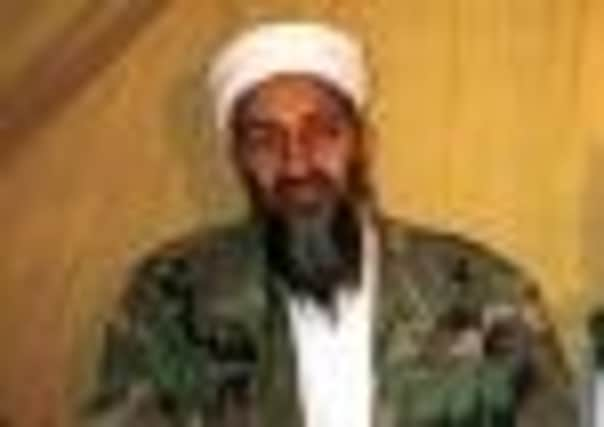Algeria hostage crisis: Blood in the sand as al-Qaeda seeks a desert lair from which to strike


As Gaddafi’s regime crumbled before Nato air power, his weapons and mercenaries poured south in search of a new home, and found one in Mali.
This poor desert country has now become the site for the attempts by al-Qaeda to establish a safe haven.
Advertisement
Hide AdAdvertisement
Hide AdAl-Qaeda means “the base”, and like all insurgent groups, the quest for a home in which to train and prepare has been a constant among its leaders since Osama Bin Laden founded it in the late 1980s.
It tried and failed with Iraq, Yemen and Somalia; its effort in Afghanistan continues. And now it is trying West Africa.
Mali has all the ingredients al-Qaeda needs to set up shop: it is a “failed state” in the making. Poor, landlocked and fragile, its Tuareg nomads in the north – in an area the size of France – have long complained of lacking equal rights to those in the capital.
In March, weapons and Jeeps brought south from Libya gave them the muscle to rebel.
That rebellion triggered a coup in the capital by army officers frustrated that the democratically-elected government did not confront the rebels.
But Mali’s military leaders fared no better, and later last year that rebellion was itself subverted by al-Qaeda.
Al-Qaeda units snatched control of Timbuktu and introduced harsh law for the inhabitants, banning music, drinking, smoking and even sport.
In the summer, they made headlines by smashing ancient monuments, reviving memories of Afghanistan’s Taleban who destroyed the colossal Buddhist shrines at Bamiyan.
Advertisement
Hide AdAdvertisement
Hide AdThe homeland al-Qaeda is seeking encompasses Tuareg territory, a roughly triangular area which stretches from Mali into Bukina Faso and Niger and up to southern Algeria and Libya.
In this vast slab of the Sahara, international borders are no more than lines on a map, allowing militant units to roam at will.
Tactically, it made sense for al-Qaeda, when faced with French air force and ground attacks in Mali, to respond in another part of this territory – with the kidnap of Algerian oil workers.
The kidnapping has sent a shudder through western chancelleries, because it hits at oil installations which are as vital as they are vulnerable.
Stretching across the Sahara, they are lonely, isolated, and because they are so dispersed, a nightmare to protect.
This militancy is itself linked to other al-Qaeda affiliated groups across North Africa: in Algeria, al-Qaeda in the Magreb has long battled Algeria’s government, while in Libya Islamist units, suppressed by the Gaddafi regime, have now burst into the open.
In Tripoli last summer, Salafists, a radical brand of Islamists, smashed a series of Sufi mosques, claiming that the Sufi practice of interring saints inside mosque grounds violated the religion.
Then in September in Benghazi, to the east, they captured the US consulate, killing the ambassador, Chris Stevens, and three officials.
Advertisement
Hide AdAdvertisement
Hide AdPut together, this is asymmetric warfare at its most challenging. Violence spread across many states, but with a single objective.
The Obama administration has faced criticism for failing to capture those who killed the ambassador, the first to be killed since 1979. But behind the scenes, Washington has been in action: suspects of the Benghazi attack have been targeted in Egypt, Tunisia and Turkey, while intelligence has been provided to the French in Mali.
In December, the US supplied an Orion communications aircraft to orbit Benghazi as the new Libyan government showed its teeth with a string of arrests of jihadist suspects.
Libya has meanwhile declared its entire southern desert a “military zone” by act of parliament – in practice making the entire area a free-fire zone for roaming jets. One militant convoy has already been bombed.
Yet there is fear in Libya, and Algeria, that the more the French step on the gas in battering militants in Mali, the more their own oil installations will be targeted.
For the militants, the equation is simple: If they can cause the West enough pain, through disrupting oil supplies and collecting hostages, France may yet halt its attempt to rob them of their base in northern Mali.
The West, meanwhile, faces a different challenge. The “hard power” of French jets and troops may yet smash militant cells in Mali.
But as in Afghanistan, Somalia and Yemen, the longer-term solution will come with “soft power” – the effort to encourage governments in this part of Africa to ensure the Tuareg have equal rights, robbing al-Qaeda of at least some of its power across the vast desert.